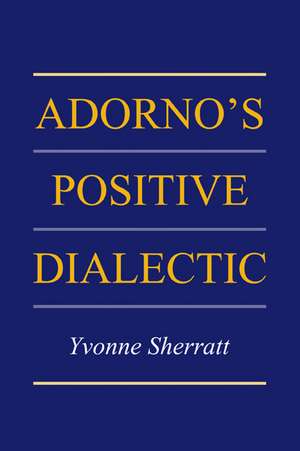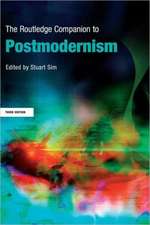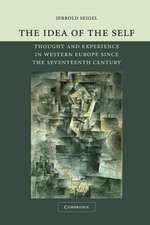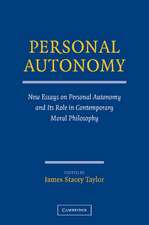Adorno's Positive Dialectic
Autor Yvonne Sherratten Limba Engleză Paperback – 15 aug 2007
| Toate formatele și edițiile | Preț | Express |
|---|---|---|
| Paperback (1) | 285.75 lei 6-8 săpt. | |
| Cambridge University Press – 15 aug 2007 | 285.75 lei 6-8 săpt. | |
| Hardback (1) | 692.50 lei 6-8 săpt. | |
| Cambridge University Press – 9 oct 2002 | 692.50 lei 6-8 săpt. |
Preț: 285.75 lei
Nou
Puncte Express: 429
Preț estimativ în valută:
54.68€ • 57.24$ • 45.24£
54.68€ • 57.24$ • 45.24£
Carte tipărită la comandă
Livrare economică 05-19 aprilie
Preluare comenzi: 021 569.72.76
Specificații
ISBN-13: 9780521038881
ISBN-10: 052103888X
Pagini: 272
Dimensiuni: 151 x 228 x 15 mm
Greutate: 0.4 kg
Editura: Cambridge University Press
Colecția Cambridge University Press
Locul publicării:New York, United States
ISBN-10: 052103888X
Pagini: 272
Dimensiuni: 151 x 228 x 15 mm
Greutate: 0.4 kg
Editura: Cambridge University Press
Colecția Cambridge University Press
Locul publicării:New York, United States
Cuprins
Preface; Abbreviations; General introduction; Prelude to Adorno's Intellectual Tradition: Prelude I: Adorno's intellectual tradition: German philosophy; Prelude II: Adorno's intellectual tradition: Sigmund Freud; Part I. Negative Thesis: The Decline of Enlightenment: 1. The decline of subjectivity: the instincts; 2. The decline of subjectivity: narcissism; 3. The decline of knowledge acquisition; 4. Knowledge acquisition: a negative solution; Part II. Positive Thesis: The Redemption of Enlightenment: 5. The aesthetic: aura; 6. Knowledge acquisition: an aesthetic form; 7. A positive dialectic of knowledge acquisition; 8. A positive dialectic of subjectivity: the instincts; 9. A positive dialectic of subjectivity: the structure of the self; Concluding comments; Bibliography; Index.
Recenzii
'Yvonne Sherratt's interpretation of Adorno's positive dialectic is provocative, lucid and original. By reconstructing hidden Freudian dimensions, she rescues Adorno's critique of enlightenment from poststructuralist pessimism. By insisting on an aesthetic way of knowing, she reclaims Adorno's utopian language from Habermasian neglect. And by reconciling these two poles in Adorno's dialectic, Yvonne Sherratt suggests a new relevance for Adorno's work.' Lambert Zuidervaart, Calvin College
Descriere
This book offers an interpretation of the work of Theodor Adorno.
















